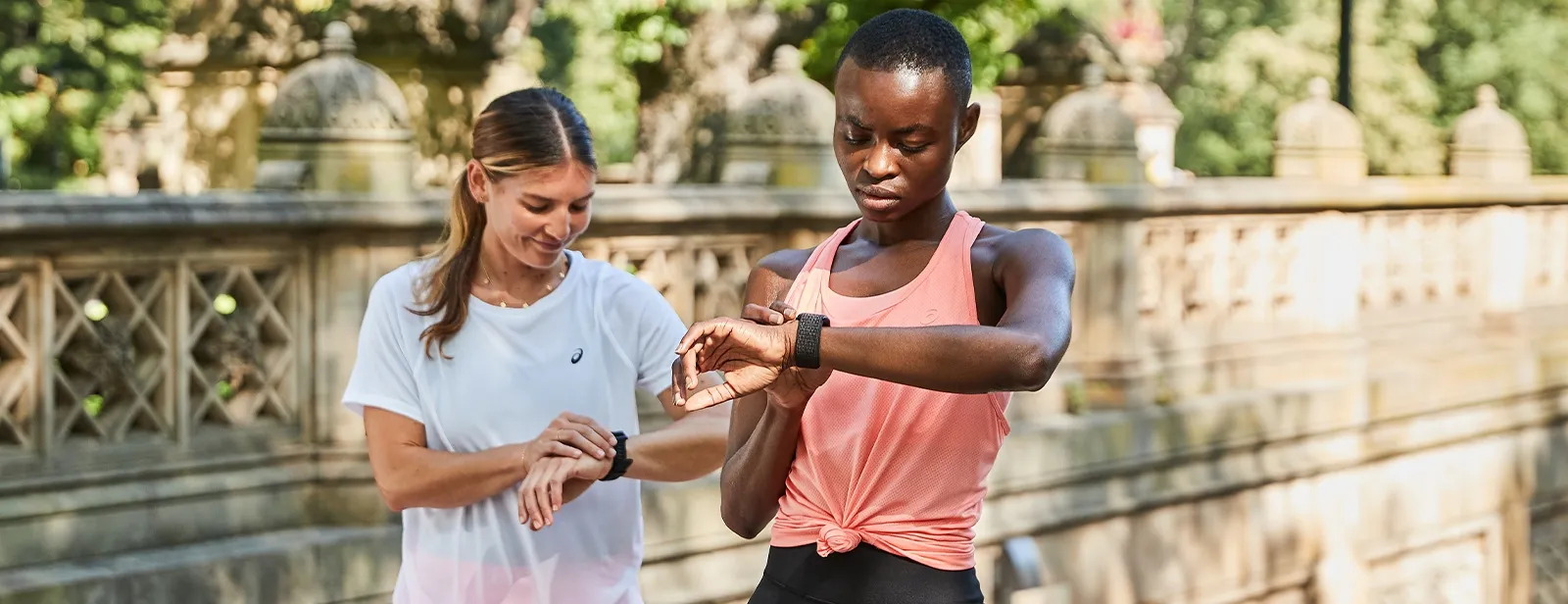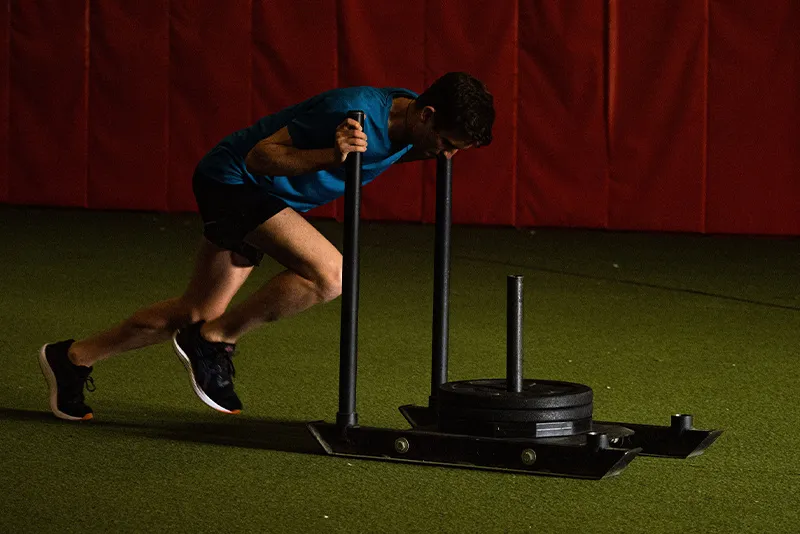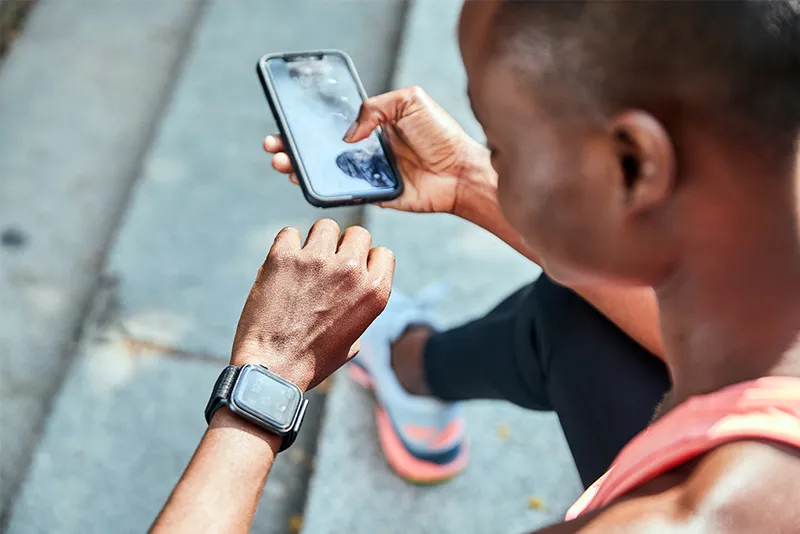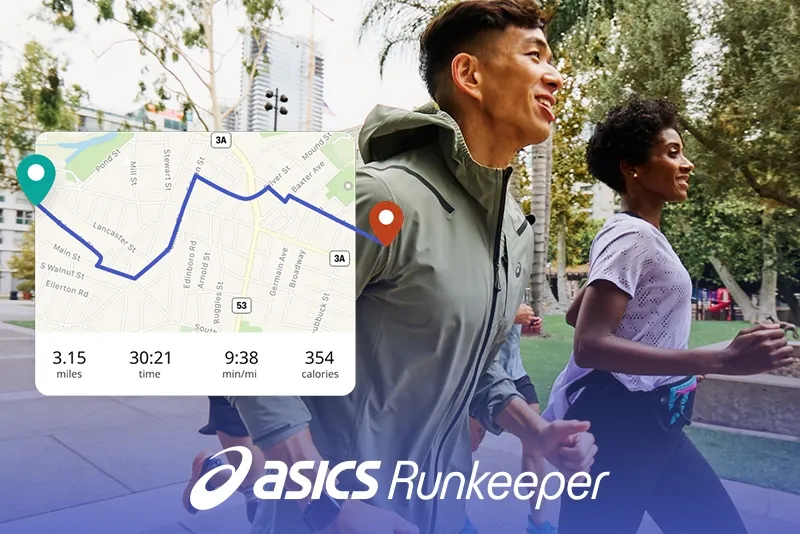
What Is a Good Marathon Time?
October 14, 2021
Just crossing the finish line, no matter how long it takes, is something to be proud of. It’s not an easy feat to complete a marathon, but there are some compelling reasons to give it a try.
Not only will the training help you get in tip-top physical condition, but it's also a golden opportunity to raise money or awareness for charity. And it’s an opportunity to make new friends while possibly stepping outside of your comfort zone.
If you’re new to running a long-distance race, you might be tempted to gauge your performance against others. Although it helps to compare yourself against average times, keep in mind that a lot can happen in 26.2 miles, no matter if you’re a beginner or a seasoned marathon runner.
Average Marathon Times

The average time to finish a marathon ranges from 4 to 5 hours. Men average a faster time of 4.5 hours or less, while women typically finish closer to the 5-hour mark. The average time per mile ranges from 9 to 11.5 minutes. But why does the average vary depending on gender?
Men and women can train with equal ferocity and the average will still be different. Case in point: The world's fastest man, Usain Bolt, was able to complete a 100-meter dash faster than the world’s fastest woman, Florence Griffith Joyner. Experts think that it boils down to body size and hormones, with testosterone boosting bone and muscle strength, giving men legs that are roughly 80 percent muscle compared to 60 percent muscle in women's legs. Additionally, men have longer legs and women have wider hips, which results in a less efficient running stance.
For this reason, it helps to compare yourself to the average for your gender. For beginners, the average marathon time ranges from 5 to 6.5 hours. No matter what your timing is, and even if you’re the last to cross the finish line, you’ve still accomplished something that 99.5 percent of the world’s population hasn’t even tried to do.
Tips for Running a Faster Marathon

Grab your ASICS Gel-Cumulus 22 , which Runner's World picks as one of the best shoes for marathon training, and get ready to start training. Plan to train for at least three months, running shorter races before the marathon to get accustomed to technique and the experience of a race before putting on your bib for the big one. To help achieve your best time, consider the following training tips.
1. Cross-train: You've got to do more than run to prepare for a marathon. Cross-training is an effective, efficient way to increase your overall strength, boost endurance and become more flexible. Vary your long runs with strength training, cycling, swimming, Pilates, and yoga. 2. Don't skip rest days: When you're getting close to race time, you might be tempted to go hard and skip your rest days. Giving your body a break can actually help you run better. Taking your rest day completely off or using it for easy cross-training activities can help with motivation, minimize the risk of injury from overuse and ensure that you get the rest your body needs. 3. Keep a progress log: Keeping track of your activity during training is a great way to gauge your progress and improvement. Record your running time and any other notable metrics. Use that information to adjust your goals every six weeks or so. You can also use your log to get feedback from a fellow marathon runner, doctor or personal trainer. 4. Practice mindfulness: Mindful running involves focusing on physical sensations like your gait, posture, and breath. These are all elements within your control. By focusing on them, it helps reduce the chances you'll get overwhelmed or start focusing on how much distance you have left to go. It can keep your focus on the moment and your head in the race.
